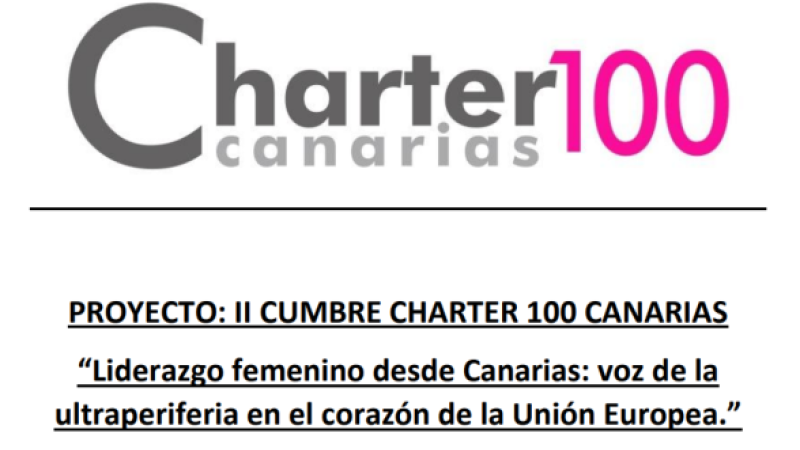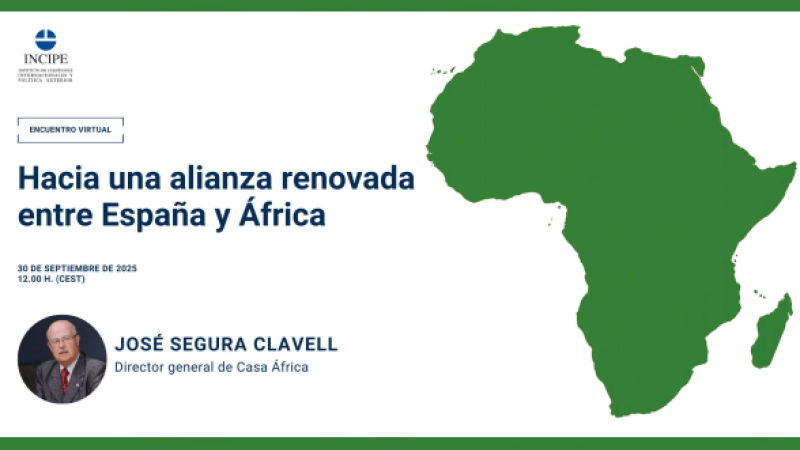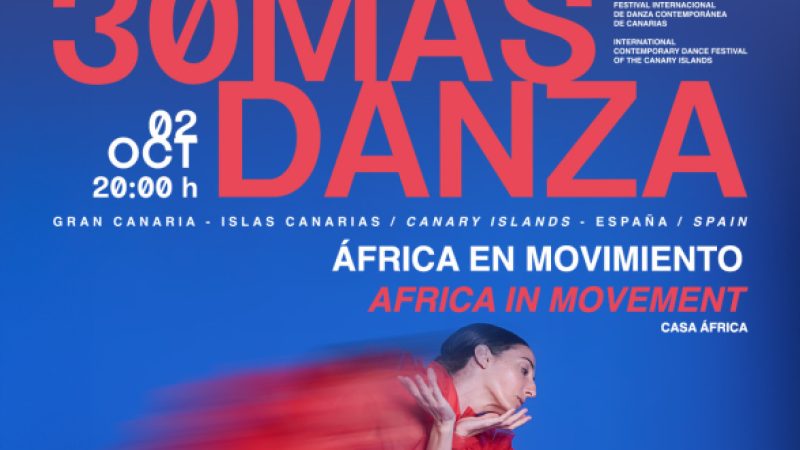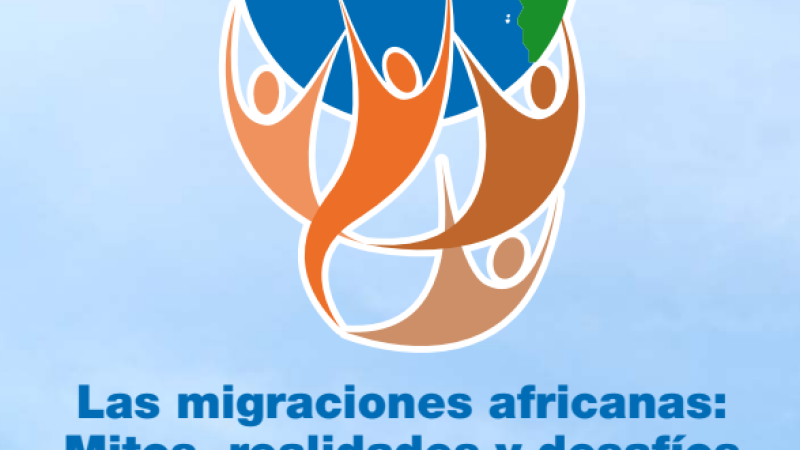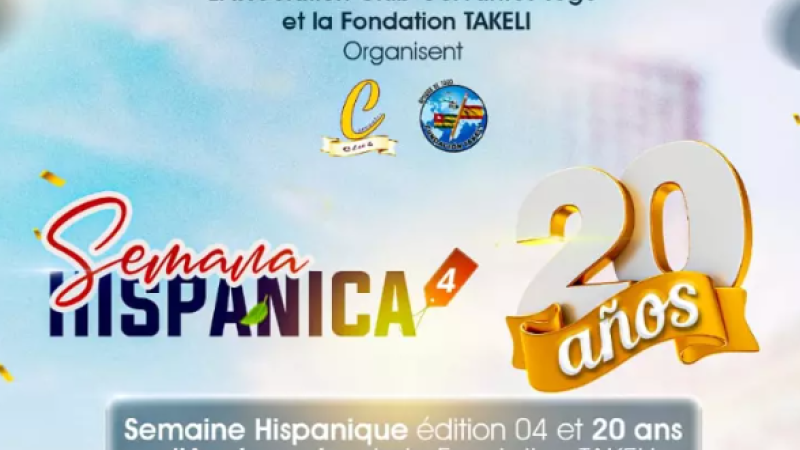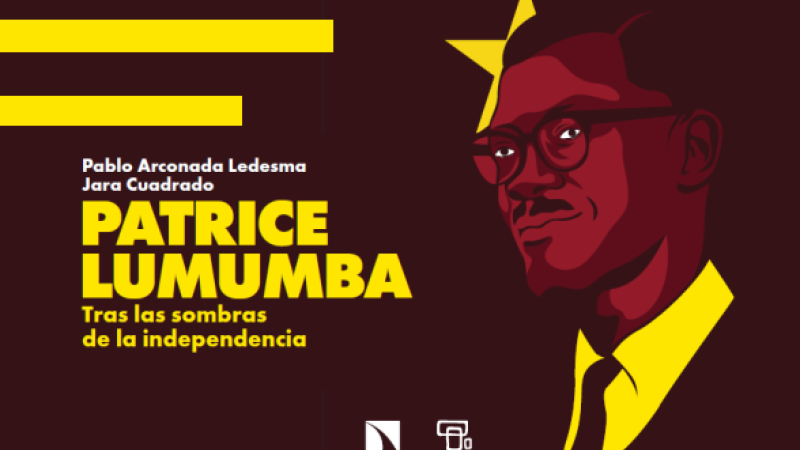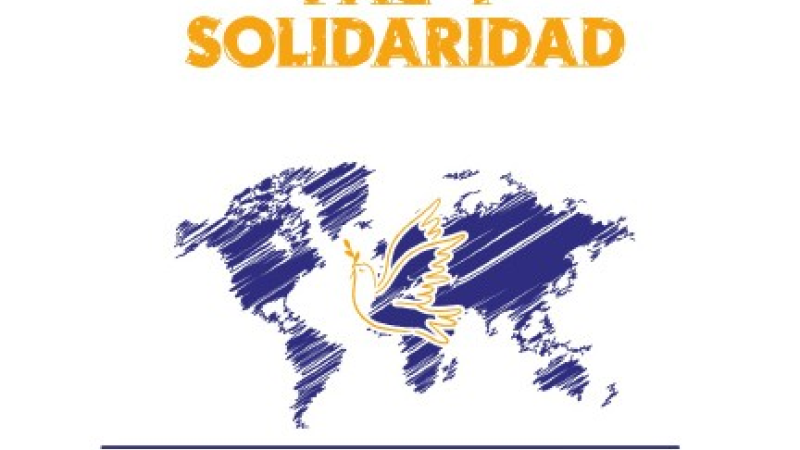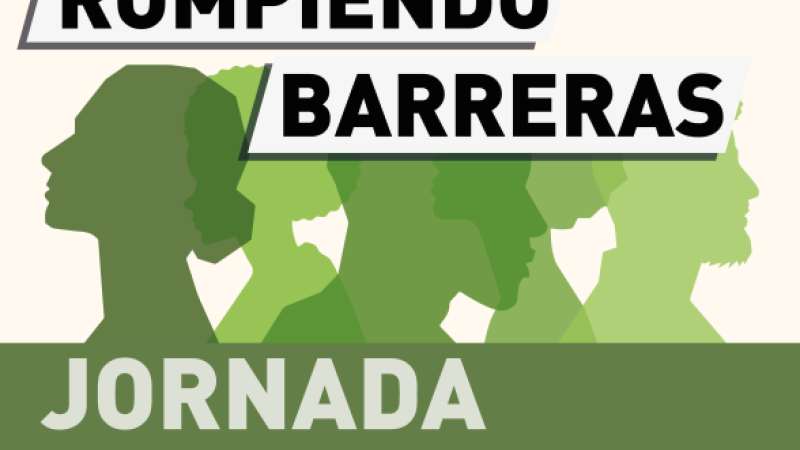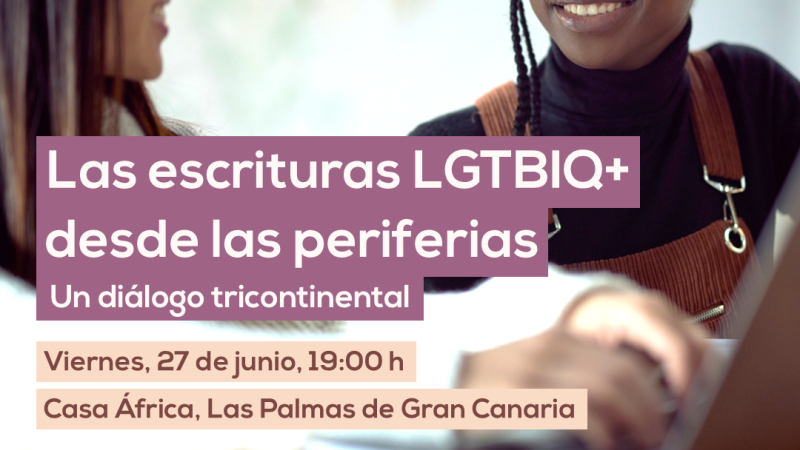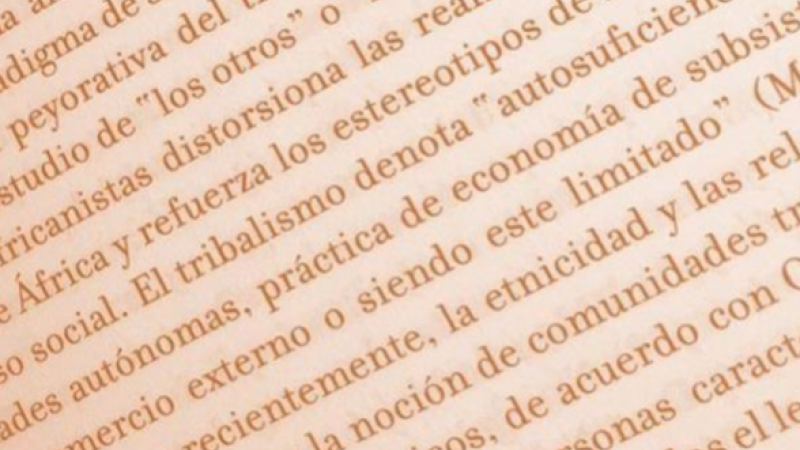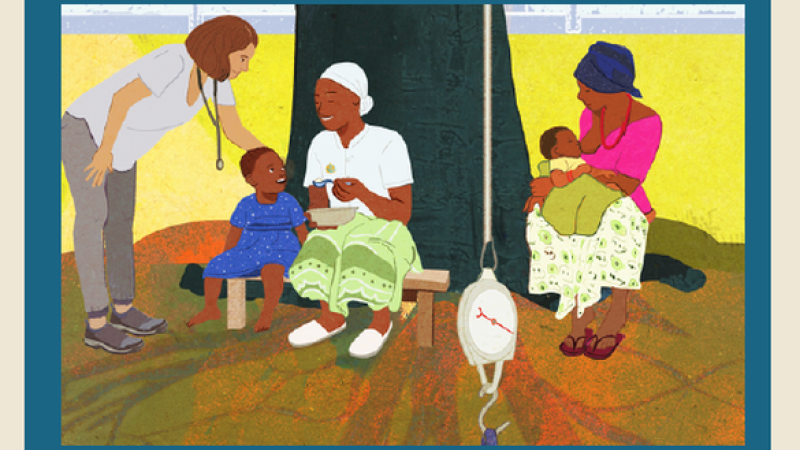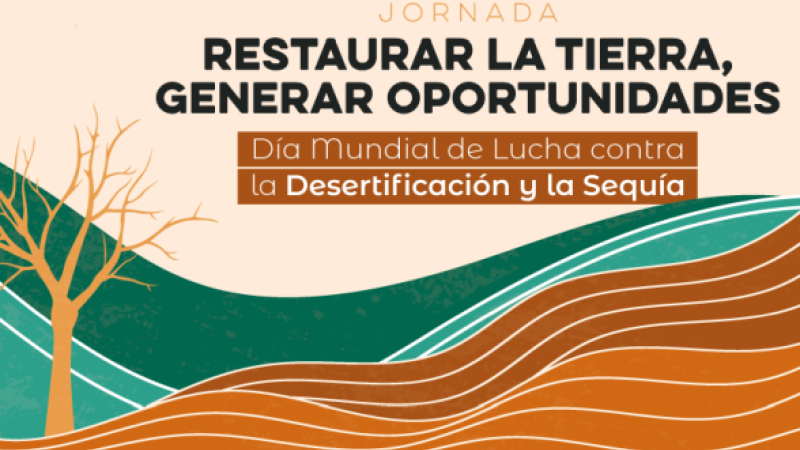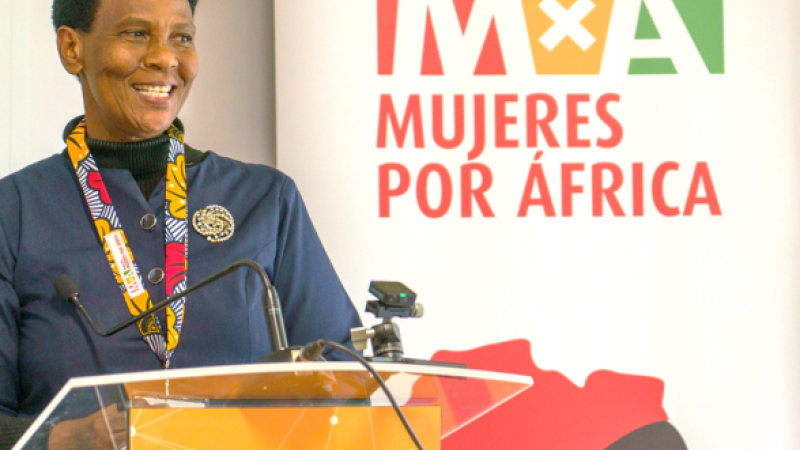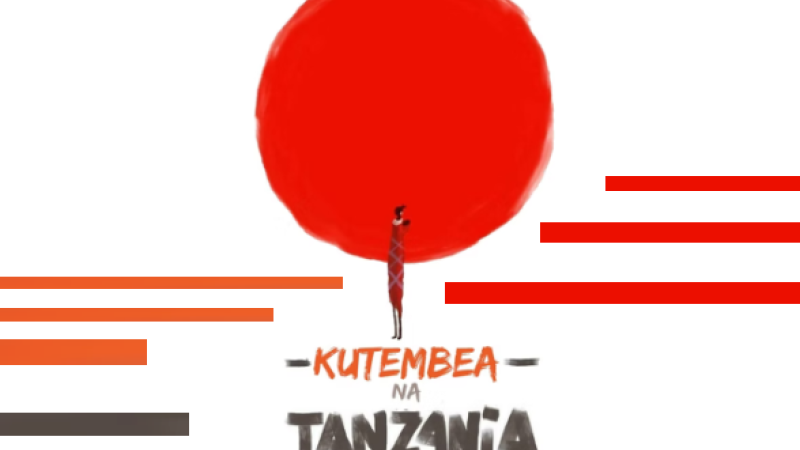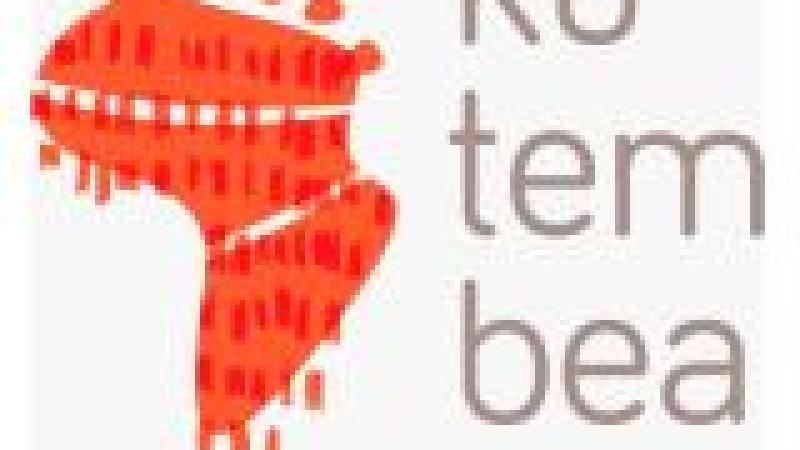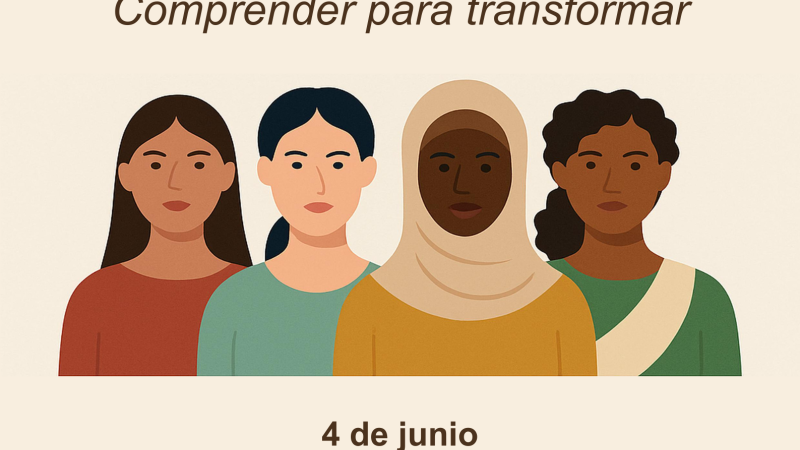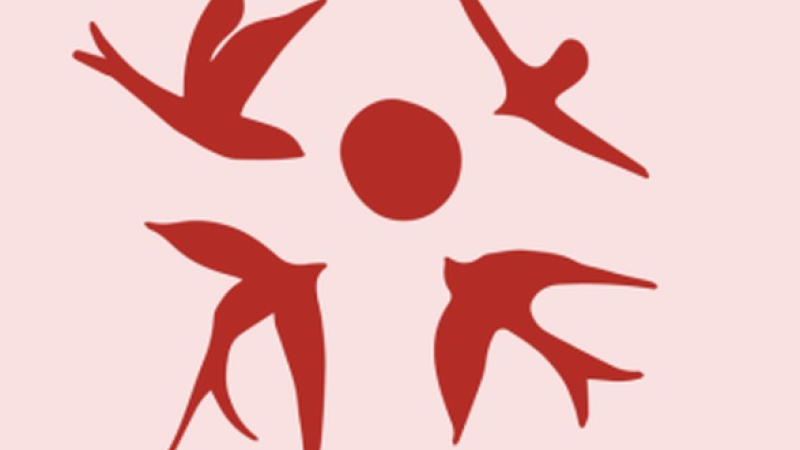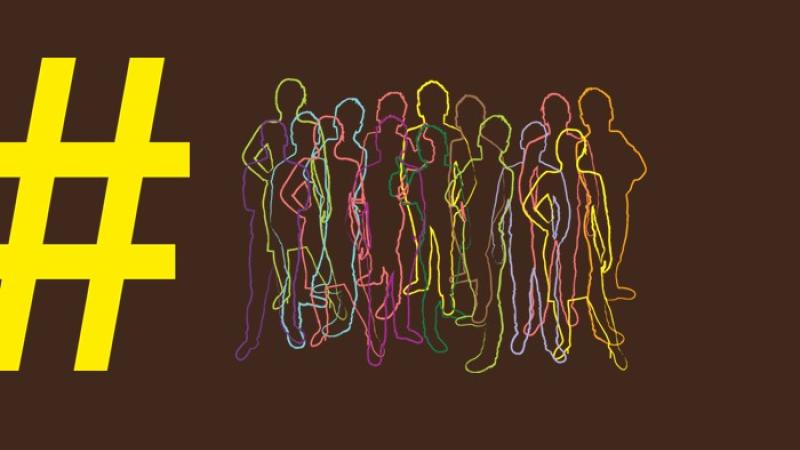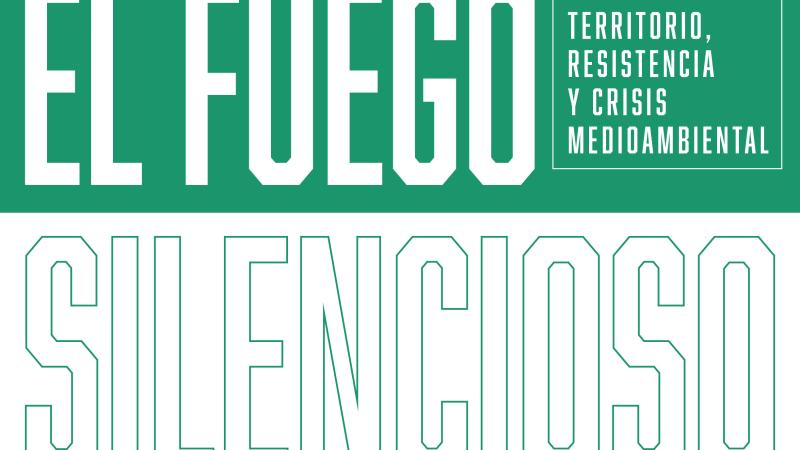Status message
In development mode.Error message
Foros #Agenda2030: La lucha contra la pobreza. ODS en África
The Agenda 2030 and with it the Sustainable Development Goals (SDGs) will define the direction of the projects in which Casa África is involved in its immediate future. This institution is aware that all of us, public and private sectors and civil society, must work towards the achievement of these 17 SDGs, thus achieving a universal benefit. This is what was intended on 25 September 2015, when 193 countries committed to the 17 United Nations SDGs and their fulfilment by 2030.
The SDGs pursue equality among people, protecting the planet and ensuring prosperity as part of a new agenda for sustainable development. A new global social contract that doesn’t leave anyone behind. A Spain that has reached SDGs by 2030 will be the country we all dream of. For this reason, Agenda 2030 is already at the centre of the State’s vision and the Government’s action.
That is why Casa África has created its Agenda 2030 Forums programme, in the framework of which we organised this conference on the end of poverty which, not by chance, is SDG#1
On 1 July 2019, at 7:30pm in Casa África we will have a presentation in the form of a dialogue between two experts in economics and Africa: Carlos Oya and Borja Monreal, who will tell us about Sustainable Development Goal number 1: “End poverty, in all its forms, throughout the world”, although they will focus on Africa, which, despite the high rates of economic development that several African countries have experienced in recent years, remains the continent with the poorest countries in the world.
Borja Monreal is an expert in Development Cooperation, a consultant with extensive experience in several African countries and author of the book “Ser Pobre /To be poor".
Carlos Oya is a professor in the Department of Development Studies of SOAS (School of Oriental and African Studies) at the University of London and specialises in development studies: the political economy of development, agriculture, employment, structural change, development cooperation, research methods and impact assessment.
Download:
